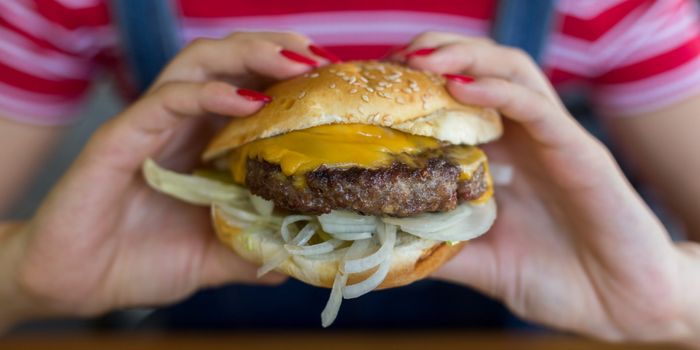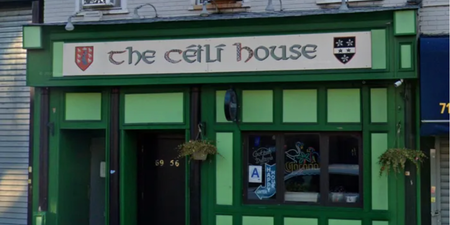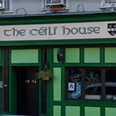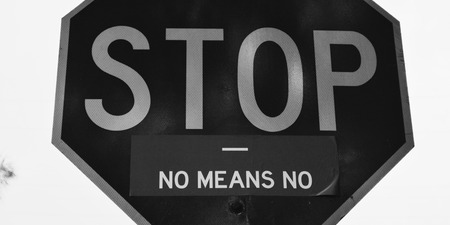“Declaring a climate emergency cannot be empty words.”
A university in London has plans to ban the sell of beef products on campus in a bid to tackle climate change.
Goldsmiths announced their climate action review this week, stating that they were stopping the sell of all beef products, as well as introducing a 10p levy on the purchase of plastic water bottles and cups.
The university, located in south east London, will also introduce significantly more solar panels and switch to a 100 percent clean energy supplier as soon as practical.
The college’s new warden, Professor Frances Corner, said that Goldsmiths has plans to become totally carbon neutral by 2025.

“The growing global call for organisations to take seriously their responsibilities for halting climate change is impossible to ignore,” she said.
“Though I have only just arrived at Goldsmiths, it is immediately obvious that our staff and students care passionately about the future of our environment and that they are determined to help deliver the step change we need to cut our carbon footprint drastically and as quickly as possible.
“Declaring a climate emergency cannot be empty words. I truly believe we face a defining moment in global history and Goldsmiths now stands shoulder to shoulder with other organisations willing to call the alarm and take urgent action to cut carbon use.”
A recent study showed that avoiding meat and dairy is the single most effective way of reducing a person’s impact on the earth.

Adhering to a vegan diet reduces greenhouse gases, land use, water use, as well as reducing global acidification. The change would make more of a different to the environment than using an electrical car.
Goldsmith’s staff and student union will be consulted about a comprehensive action plan to ensure the college meets the net zero carbon emissions target before 2025.
The plan will add to Goldsmith’s already existing initiatives such as their recycling programme, and their termly student clear-outs of food, clothing, and bedding.
Goldsmiths’ current carbon footprint is approximately 3.7m Kg per year.
This figure has reduced by about 10 percent over the past three years.





















































